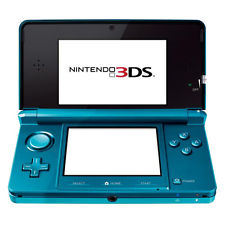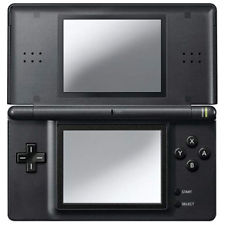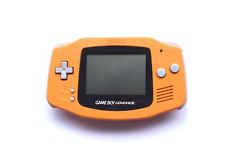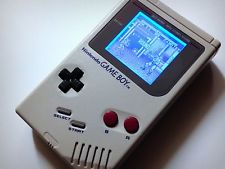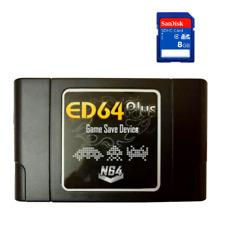|
April 27th, 2008, 12:08 Posted By: wraggster
The wireless, pressure-sensitive Wii Fit “balance board”, which costs £70 — with another £180 for the Wii console that links the board to your TV — encourages users to follow the on-screen personal trainer as he stretches, runs and does yoga.
It ranks users’ performance and weight loss. If you put on weight or have a hangover, it asks you what you have been eating and drinking. If you skip your daily exercise sessions, your avatar, called a Mii, falls asleep on screen in front of you.
It may sound good, healthy fun but it’s serious business, too. Miyamoto, senior managing director of the Japanese gaming giant Nintendo, believes that the race to create increasingly powerful video-game processors, offering ever more extreme shoot ’em up games, will not generate long-term growth.
There are only so many teenage geeks in the market “and if we go on only appealing to them, we’re going to have a very hard time”.
So, while Sony and Microsoft slug it out in a battle for processor power with their Playstation and X-box consoles, Nintendo is concentrating on slower but more practical and, it claims, enjoyable interactive games to lure “people who would never imagine they would buy a computer game”, said Miyamoto.
“We want to broaden the definition of what a video game is, to create games for people whether they are five or 95, whether they are men or women.”
The latest sales figures for Wii suggest that Miyamoto is on to something and that the market for video games is far bigger than analysts had previously estimated.
Wii Fit has been out in Japan for five months and has become the fastest-selling game there, shifting 1m copies in the five weeks after it was launched. Almost half of Japanese consumers who have bought Wii and Wii Fit had never bought a video game before.
In its annual results last week, Nintendo revealed that its global sales last year rose by 73%. The company sold almost 20m Wii consoles worldwide, bringing the total to nearly 25m since its debut in November 2006. It expects to sell a further 25m over the next 12 months, along with 177m Wii software units.
Miyamoto would not say how many Wii Fits would make their way into British hands, but he clearly hopes for a similar performance to that in Japan.
Britain is the strongest market for Wii outside Japan, beating even America. Nintendo has sold more than 2.5m Wii units since the console was launched, making it the market-leading home video game. It is also the fastest seller, topping 1m units in only 38 weeks.
“In Japanese households suddenly new conversations are springing up between fathers and mothers, fathers and daughters, talking about Wii Fit,” said Miyamoto. “We would love that to happen in Britain.” HMV is already predicting it will be this year’s bestseller.
Isn’t there a risk, though, that consumers will think that running on the spot in their living rooms is ridiculous and just go outside or join a gym?
“Spending too long, staying in and playing any video game is not good,” said Miyamoto. “I always tell my children to get out on a sunny day and I, myself, went jogging in Central Park yesterday. But I do my stretching on Wii Fit. They work together.”
Perhaps. But isn’t letting your TV tell you what to do all a bit Big Brotherish? Won’t consumers get so cross with the machine that they will end up hurling it out of the window?
“We thought they might, but the evidence from Japan is that they get cross with themselves — not the machine. They don’t blame the game.”
Miyamoto is so convinced we will be willing slaves to the Wii work-out that he is already moving on to the next stage: web- enabled Wii Fit. Balance boards will be hooked up to the internet to enable users to compete live against anyone, anywhere. If Miyamoto has his way, we’ll all be doing press-ups at dawn and comparing ourselves with millions of others.
That really is scary.
http://business.timesonline.co.uk/to...null&offset=12
For more information and downloads, click here!
 There are 5 comments - Join In and Discuss Here There are 5 comments - Join In and Discuss Here
|
|
 NES
NES





